What is Bisexuality? | Read Time 10-12 Minutes.
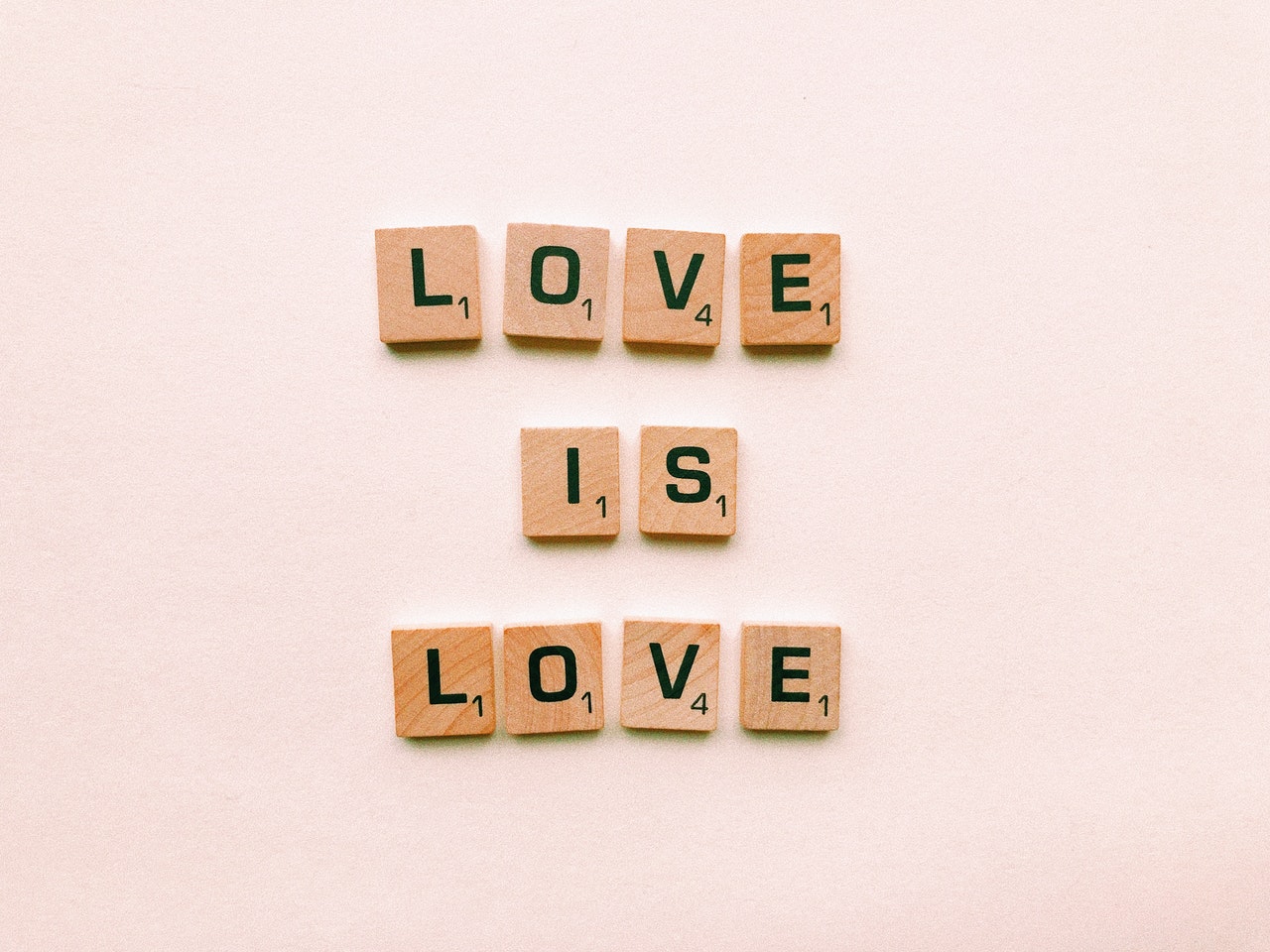
My mother and I have a great relationship.
She is, and I am sure she will always be, the most understanding and open-minded person I know.
I remember when I told her that I was bisexual. Her response was, and to this day still is, one of the most surprising things that has ever happened to me. But not because of what she said. Because of what she didn’t say.
This intuitive, embracing person responded to my coming out with a simple “oh really?”
And just like that, the conversation was over. We moved on to another topic. And we never really spoke about it since.
I don’t blame my mother for her response. It’s not that she didn’t care. And it’s not that she didn’t want to talk about it. She simply didn’t think it was a big thing. And, like so many others, she thought that it was just a phase.
But funnily enough, 8 years down the line, that “phase” is still going strong. I don’t expect it to end any time soon.
This conversation is something that sticks in the back of my mind. I wonder what her reaction would have been if I’d told her that I was a lesbian. And why does a bisexual person coming out create less of a response?
I have spent a lot of my adult life educating myself on my sexuality and on what it means to be bisexual. And I now know why it is so frequently overlooked and misunderstood as a sexual orientation.
It is the invisible B in LGBT.
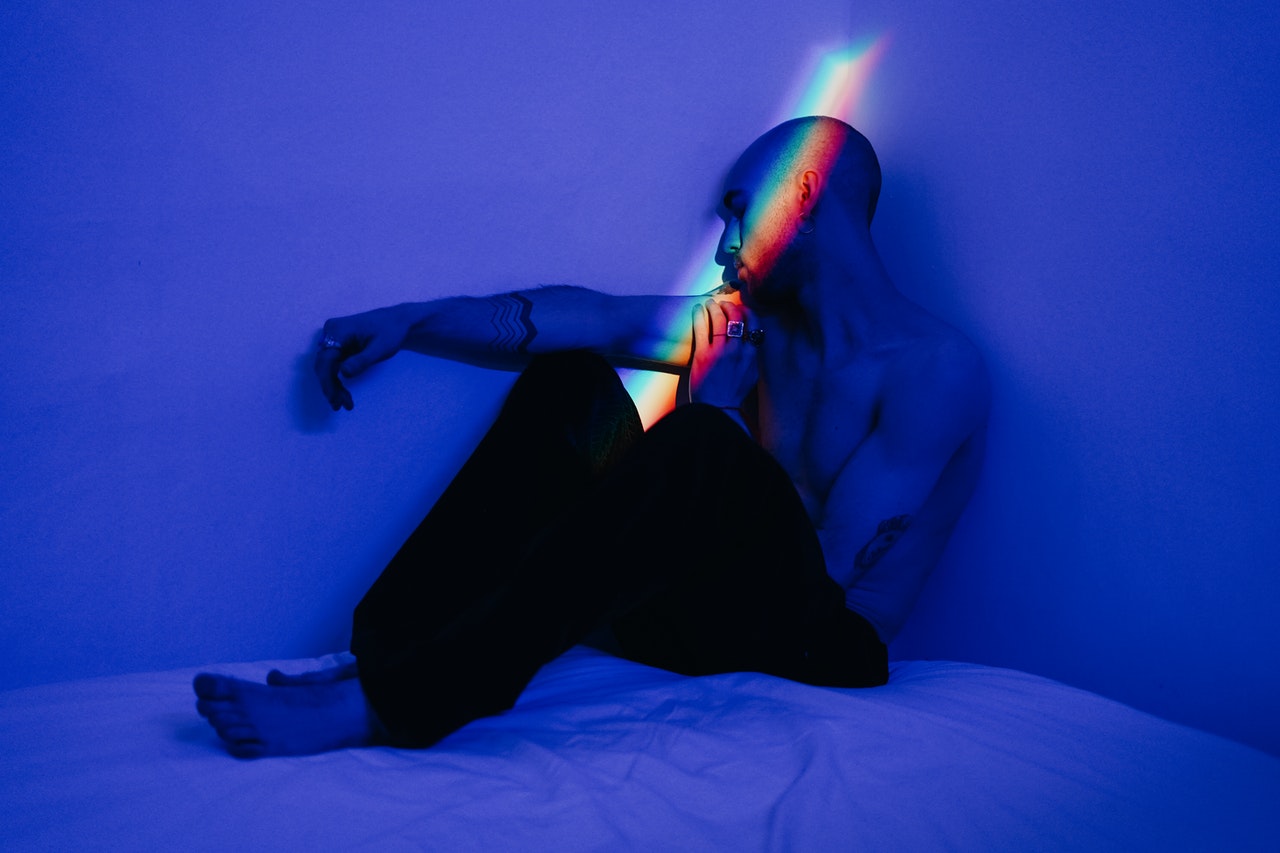
The Cloak of Invisibility
“I think you’re just confused, aren’t you?”
“Yeah, but you’re not really bisexual, it’s just a phase”
“Wait but what are you, gay or straight?”
“You don’t really like women; you just do it for attention”
If I had a pound for every time someone has said a comment like this to me, I would be a millionaire.
Actually, I like talking about my bisexuality.
If people ask, I will answer. But, like so many other bisexuals, I have spent a large portion of my life “straight passing.”
Straight passing is the theory of compartmentalising a section of your sexual identity. Whether they are aware that they do it or not, bisexual people often act as something they’re not, to avoid the rigorous line of questioning that often follows.
It’s easier to just say “yeah I’m straight” than to have to justify why you think boobs and willies are both equally appealing.
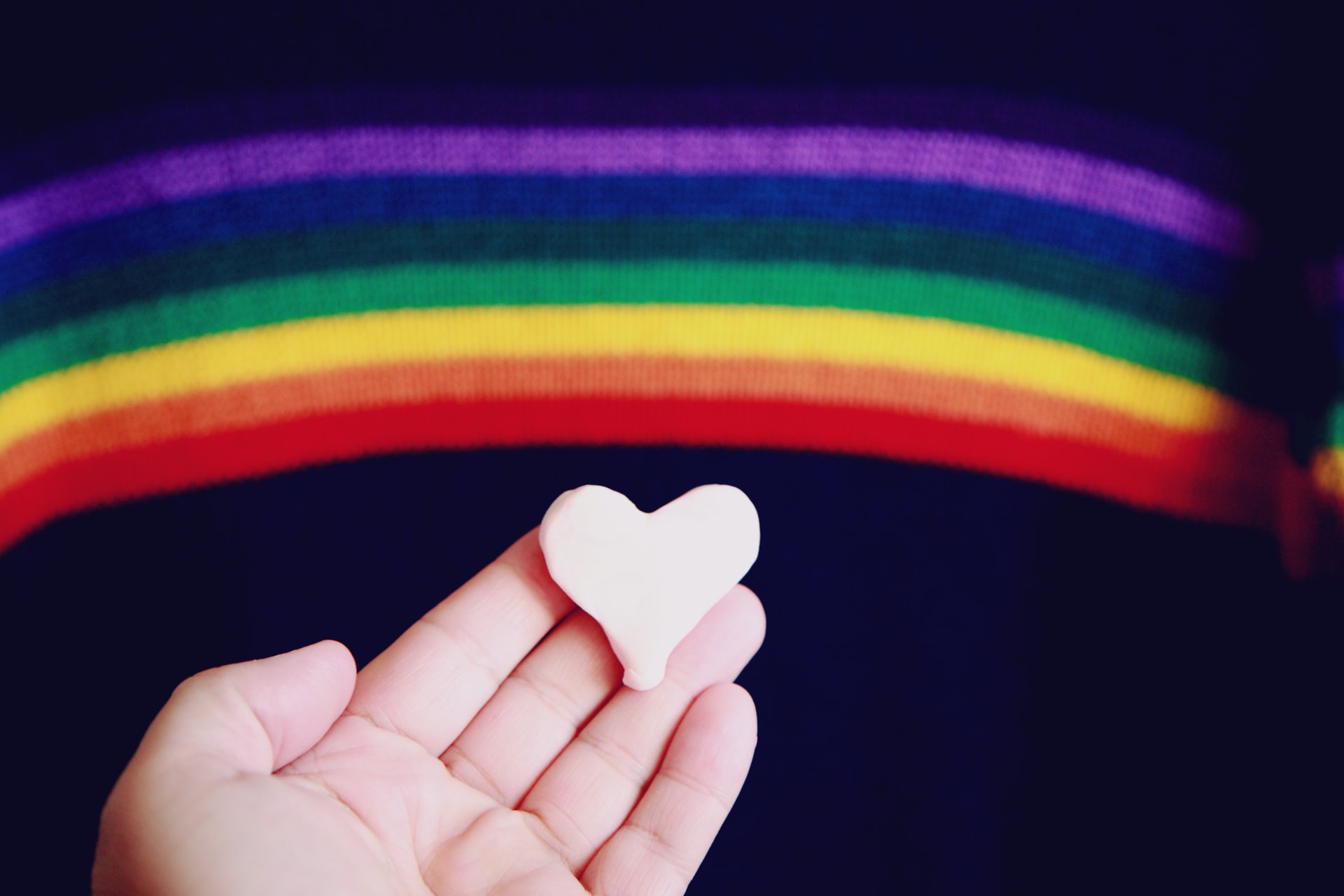
The reason that so many people neglect or hide their bisexuality, is simply because it’s easier.
“is it better to be invisible to than to be demonised”
It’s so much easier to conform to heteronormativity and hide in plain sight, than to face the possibility of being called an attention seeker, confused or indecisive.
As a woman, people say that my bisexuality is just a bid to impress men. That being bisexual is a turn on and that my sexual orientation is more about sex than identity. My boyfriend is also bisexual, and I know that is accused multiple times of using bisexuality to hide the fact that he’s gay.
It is no surprise, then, why bisexual people use a cloak of invisibility. A method of protection. A way to end the constant justification of your character.
“You force yourself to fit into a false binary. You pretend to be something that you’re not.”
“The Bisexual Other”
“The bisexual other” is a caricature.
A stereotype. A phantom model based on myths and lies. It is a collection of all the things that people believe bisexuality is.
“The bisexual other” must, of course, comply with the characteristics given to them.
These often include:
- Someone who is sexually greedy.
- A person that is promiscuous and the reason they are attracted to both men and women is so they can have more sexual partners.
- Someone who is polyamorous and is terrified of commitment.
- A person who is just confused or bored.
- Of course, all women are bisexual.
- Bi-erasure and biphobia don’t exist.
- There aren’t many of you. The bisexual community is small.
- Oh, and finally, bisexuals are the main spreaders of HIV between the LGBT and non-LGBT community.
And that is “the bisexual other”.
A model that bisexual people battle against constantly, whose myths are fundamentally damaging to the bisexual reputation. Let me clear some things up.
Being bisexual does not imply that you are promiscuous, or sexually greedy, or polyamorous.
No, bisexual people are not bored, or acting, or desperately seeking attention.
You may not believe it, but actually, not all women are bisexual. Sorry to disappoint.
There is absolutely no research to support the HIV theory.
And, most importantly, a recent study reveals that (of the people questioned) 75% identified as being bisexual. Bisexuality is actually the largest community under the LGBTQIA+ umbrella.
We are here. We are present. Some of us just feel more comfortable under that cloak of invisibility.
“I feel constantly like an imposter. Many people feel invisible and like they are alone. And just like being gay, bisexual people feel trapped between two worlds, and that is the most suffocating part of all of it.”
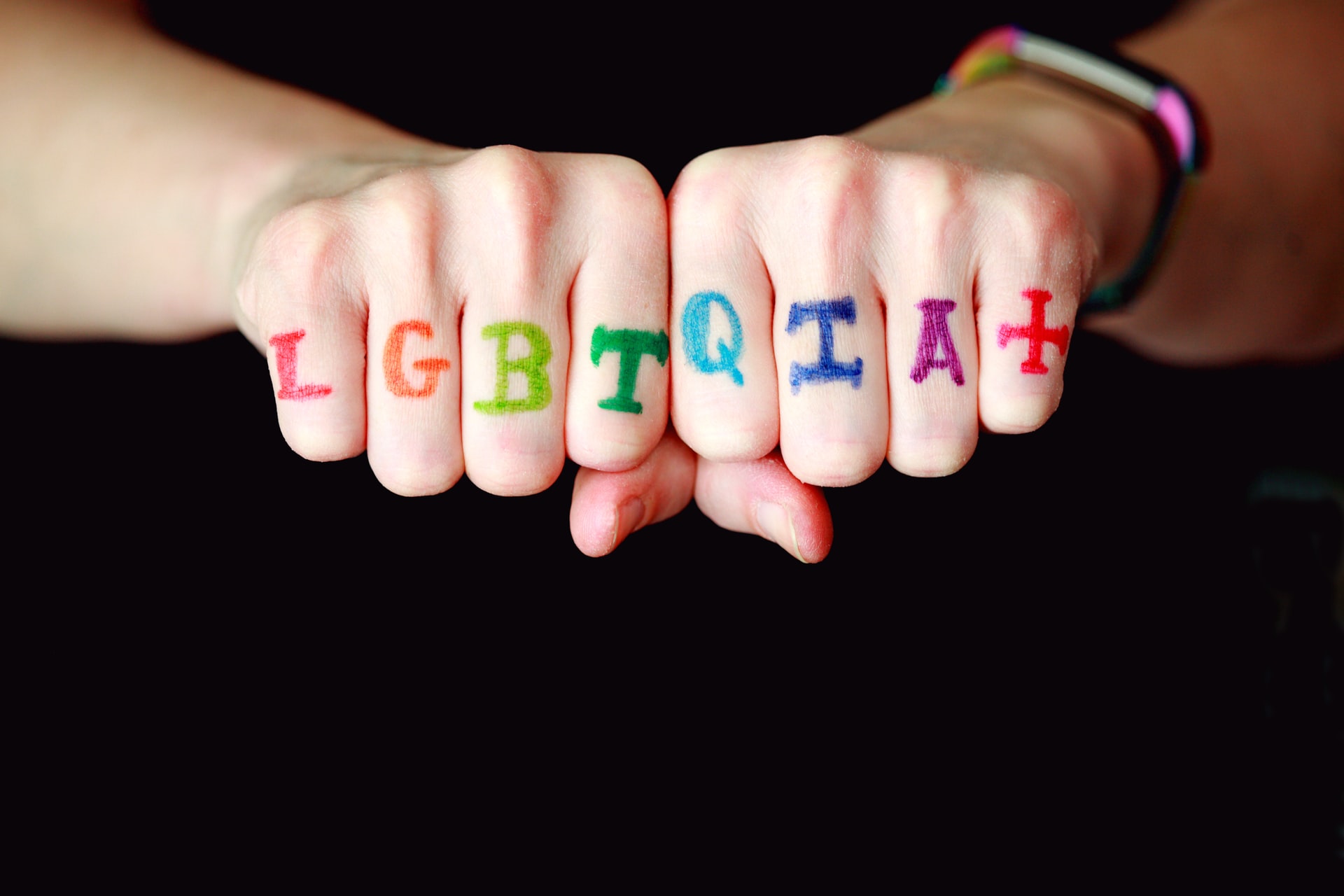
what is bisexuality Displacement?
One of the difficulties that bisexual people encounter is the process of being displaced by others.
As bisexuals, we know what we are. But it can be difficult for other people to understand the concept of not coming under one type of sexual orientation.
As human beings, we like to categorise things. We categorise our food groups, our clothing items, the makes of our cars. And that is the fantastic thing about the LGBT community. That method of categorising everything is blurred so beautifully and it throws structure out of the window.
“the problem is not being bisexual; the problem is how other people understand it”
But, just like many people struggle to understand the fluidity of gender, so do people often struggle to understand the fluidity of sexual orientation.
“Sexuality runs along a continuum…it has the potential to change throughout one’s lifetime…We cannot fit our sexuality into nice, neat categories that determine who and what we are.”
The concept of a person being neither straight, nor gay, can be difficult to understand. And for bisexuals, we often find ourselves being displaced and exiled from any sense of community.
Too straight to be gay. Too gay to be straight.
what is bisexuality Erasure?
The term bi-erasure is something that questions the legitimacy of bisexuality.
It is essentially when bisexuality is ignored, falsified, or overly explained in a bid to justify it.
Bi-erasure is the root of biphobia.
“Bisexuals are less visible than homosexuals and heterosexuals in modern society”
If someone can’t comprehend what it means to be bisexual, then bisexuality becomes easier to mock, ridicule or ignore.
That’s what people do when they are frustrated or they don’t understand something. They lash out. And that is the exact reason why it’s so important to educate people on not just bisexuality, but the LGBT community as a whole.
The fundamental basis of biphobia is the idea that eventually, a bisexual person will choose their sexuality.
They will experiment for a while and then fall into a heteronormative role. And this is why so, so frequently, bisexual people are accused of attention seeking or using bisexuality to hide their true sexuality. Because people are waiting for them to pick a side, as if floating in the middle isn’t an option.
But why can’t someone just be in the middle?
As hard as it may be to comprehend, it is possible for someone to sit perfectly in-between two sides. Not gay, not straight. But somewhere in between. Choosing who you are, and what you want.
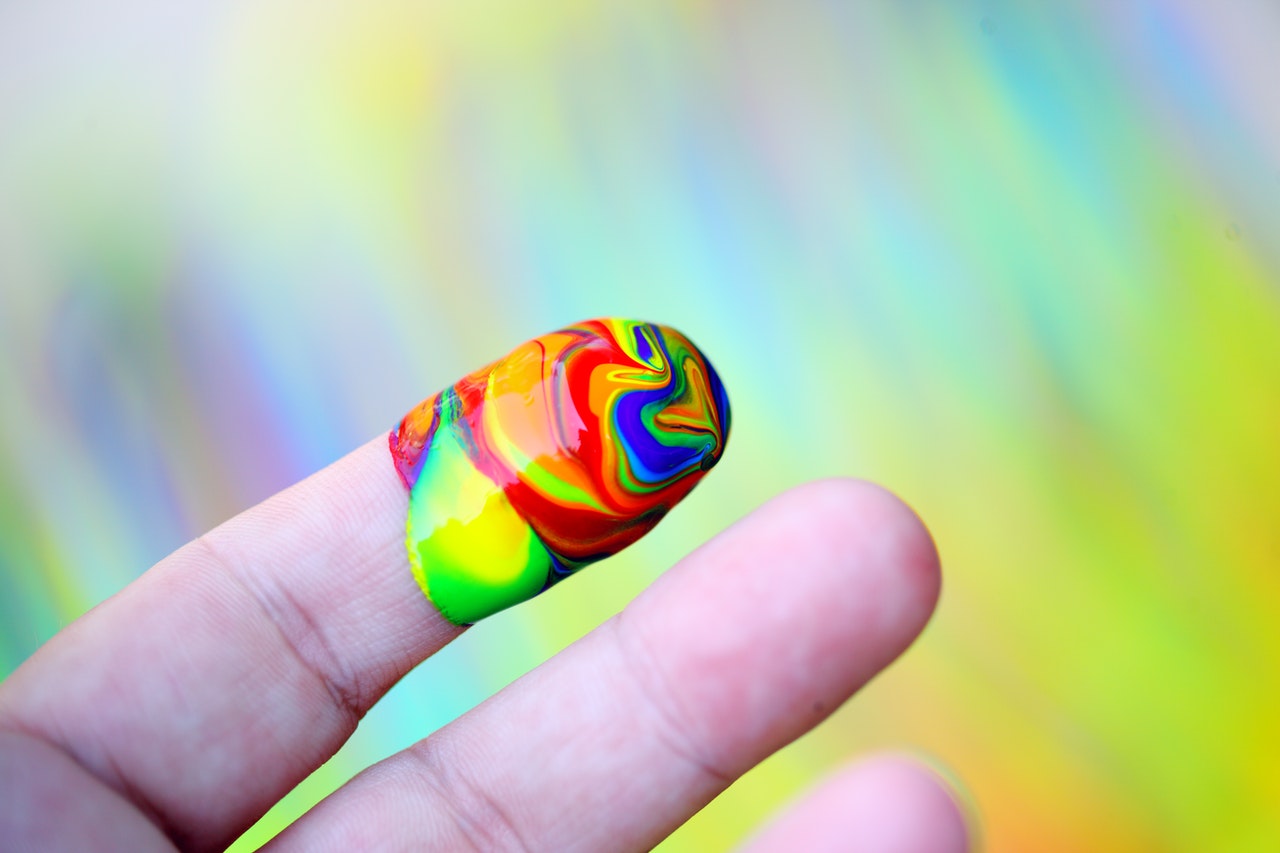
what is bisexuality? Facts and stats.
The facts and statistics that surround bisexuality are quite shocking to read.
It’s no surprise that bisexual people have poorer mental health rates when compartmentalising a piece of themselves is part of their daily routine.
It’s even reported that bisexual people experience higher suicide rates.
One report said that only 19% of bisexual people have come out to their friends, families, and colleagues, comparing this to when you ask 75% of lesbian and gay people the same question.
Interestingly, 88% of people questioned in the same survey stated that they were in a same-sex relationship, despite being bisexual.
Stonewall’s report Biphobia Isn’t Banter states that bisexual people are more prone to “Denial, invisibility, exclusion, marginalisation and negative stereotypes” than any other category under LGBT.
What I found most interesting is that Stonewall reported that bisexual people face higher rates of discrimination from other LGBT people as opposed to straight people.
Bisexuality and the law
The most common place that bisexual people experience discrimination is in the workplace.
Far fewer employees disclose their sexuality to their employer or other employees out of fear of judgement, harassment or having to explain themselves and their sexuality over, and over again.
Bisexuality is one of the protected characteristics under the “sexual orientation” section of the Equality Act 2010. It is a protected personality trait from discrimination, harassment, and victimisation.
But despite this, bisexual employees find they have less protection from harassment and belittlement. This stems from a fundamental misunderstanding of what bisexuality really is.
Discrimination towards bisexual people in the workplace could manifest itself as:
- Insulting comments about bisexuality
- Sexually inappropriate comments
- Asking a colleague inappropriate questions about bisexuality
- Making assumptions about their character or performance at work because of their bisexuality
Because the reputation that precedes bisexuality is that of greedy person who you can’t trust, many employees keep their sexuality to themselves.
It’s easier to do it this way than to be regarded as someone who can’t be trusted to work with men or women.
Furthermore, the legal protections that are in place to protect bisexual people are not exclusively for bisexuals but instead are for the whole LGBT community. But if you are displaced from both the heterosexual and the LGBT community, then what protection is there for you?
Most employers and businesses will have a rigorous equality programme and methods to educate employees in place, in order to protect those that come under The Equality Act 2010. Saying this, most of these programmes are targeted at other communities under the LGBT umbrella; that B continues to be invisible.
“queer people are more than caricatures and stereotypes”
I have been very lucky with my sexuality. Living in an LGBT positive city and surrounding myself with like-minded people has eased the process of discovering my identity.
My understanding of bisexuality now goes so much deeper than just being confused or unsure. I will admit, freely, that I haven’t always been open about that side of myself.
But now, when people ask, I talk to them about it.
The cloak’s off, and I have nothing to hide.
I have previously stated, but will state again, just how important educating people on the LGBT community is. Biphobia and homophobia stem from a fundamental inability to understand what being queer really means. So let’s help people to understand.
If I must explain my sexual identity to people repeatedly, I will. Because being visible, no matter how difficult it may be, is better than hiding. Than compartmentalising a piece of yourself every day.
Conversation allows us to talk freely. To understand. Grow.
To be totally visible.

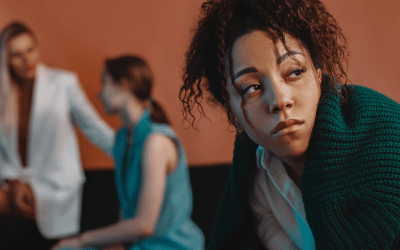

0 Comments